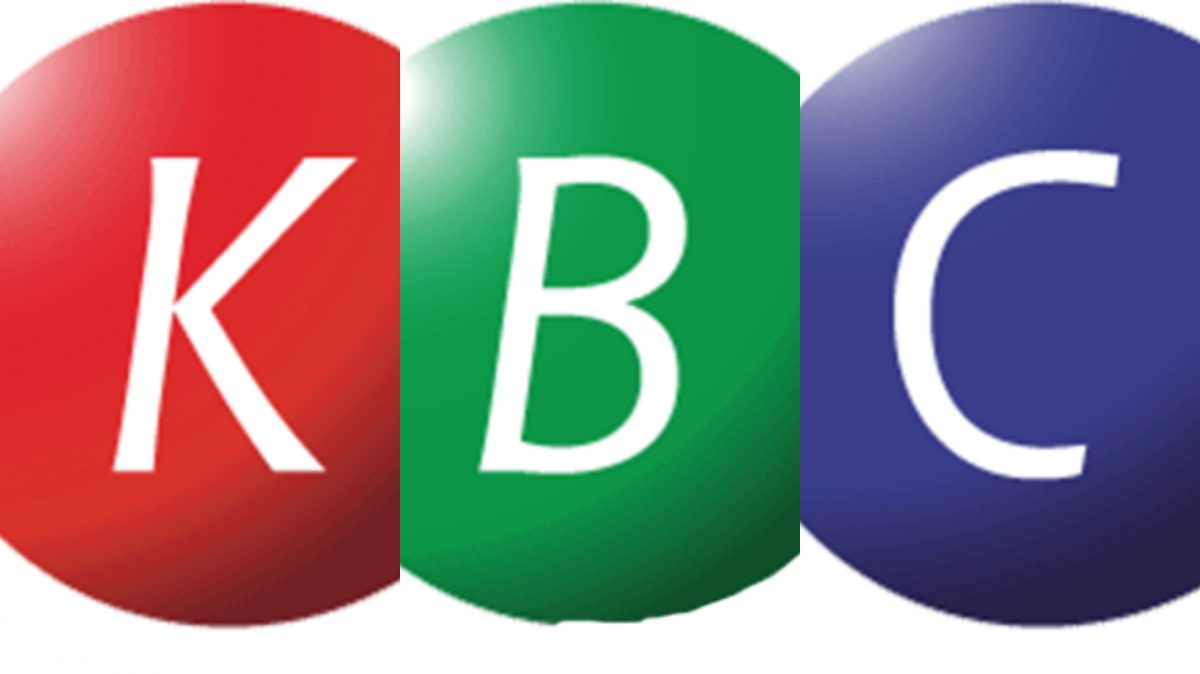Next KBC boss should be a scribe, not bean counter
By Emeka Mayaka, November 17, 2023What is the one thing you told the board which you suspect made them hire you?
We ask a newly appointed chief executive struggling to understand the media space apparently under heavy pressure from the board to deliver on his commitments.
The answer turns into reflections on the leadership history of our leading media houses. According to the new CEO, Kenyan media has been run by two sets of managers.
The first crop was what he called “expansionists”- the old hands who grew revenues by exploring new markets and setting footprints outside national boundaries.
They had the delicate audacity of experimenting with new ideas, fighting offensive regulations, deploying soft diplomacy while settling in foreign territories, creating wealth for media companies as well and building talent to drive their goals.
Advertising is the lifeline of media and the government carries the big spoon and stick. Advertisement from the private sector then becomes something of a negotiated, give-and-take understanding that mostly irritates tenacious editors who find the attitude too intrusive on certain tenets of journalism.
The “expansionists” largely succeeded because of their deftness in managing both the journalism and commerce sides of the industry through strategic engagement of government and private enterprise.
The second set of leaders, according to the new executive, is “reformist cost cutters,” driven by a philosophy that if you reduced the cost of operation and put a knife on “bloated” manpower inherited from the “expansionists” then you will protect the bottom line and increase profits.
“I told the board that I have the ability to multiply money. That why I think I was hired. I am yet to understand why the Kenyan dailies are sold at Sh60 bob instead of Sh100 bob,” he said. He didn’t last long on the job. To achieve their goals, the “cost cutters” — mostly drawn from the bean counting world– more often embrace and impose new experiments with technology to produce journalism on the advice of foreign consultants with kickbacks as the main appetite. I am not persuaded that the whole nonsense about “converged newsrooms” has improved journalism. It ended up pushing journalists to the streets—even during Covid-19— to face their families feeling as if they were failures.
The unspoken truth about our trade is that it is in more instances managed by bean counters who have no idea what it means to shoulder heavy cameras in the scorching sun or be soaked up in mud boots in the middle of nowhere gathering stories calculated to call policy response to public good–then go home to feed people and pay bills.
“Downsizing” is the mantra of the “reformists.” But students of organizational behaviour and human resource management advise that the employee, not profits, should be the central consideration in the success of any institution. That is why attention has been drawn to the search for the next KBC Managing Director. So you would ask, what is our interest? KBC is the only broadcaster that runs on our taxes.
The Sleeping Giant was also the home of trailblazers who attracted us to journalism. There are murmurs that the advertised requirements for MD have been skewed in favour of the bean counters blamed for the pain of many journalists today.
This is not to say that the bean counters are not good managers in other sectors, but there is evidence that they have been an “agonizing experiment” on journalism.
That is why the next KBC head must not be an accountant. He or she should be a person who understands how journalism works. The CEO of the leading broadcasting powerhouse is a Weekly Review veteran. And that is not to suggest that some journalist media managers have been scoundrels.
But as the late poet Everret Sitanda who is being laid to rest with his ancestors in Bungoma’s Sipala village tomorrow would say, I Speak for the Bush.
— The writer is the Political Editor at People Daily.
gmayaka@gmail.com
